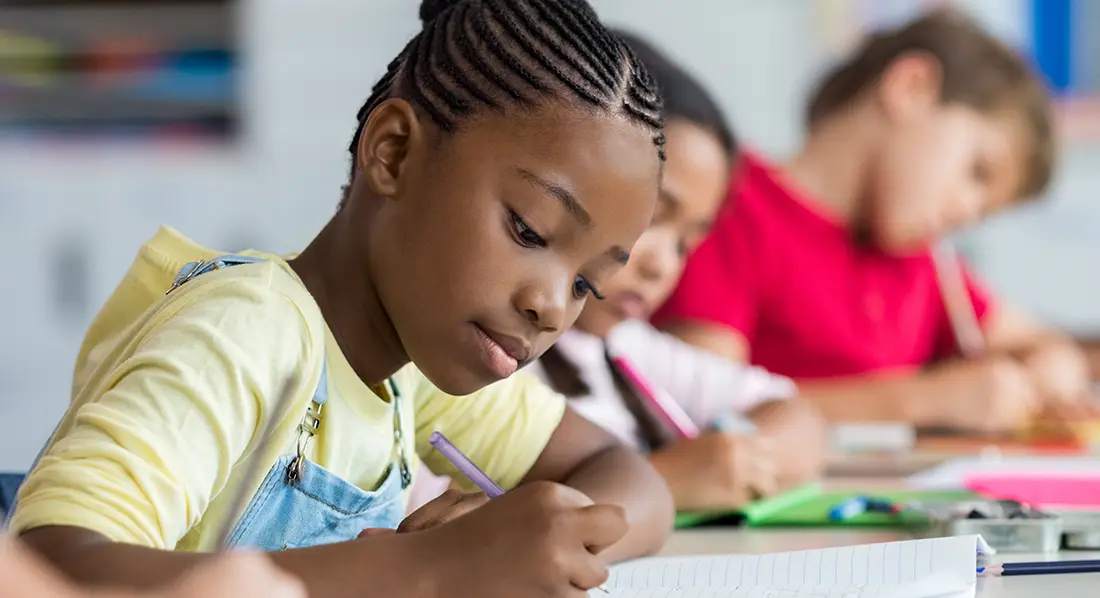
Writer's Workshop
Writer's Workshop in Kindergarten: What does it look like?
Your Kindergarten learners will most likely be excited about learning to read and write, and Writer's Workshop can provide a consistent time for them to begin developing those important writing and literacy skills. For Kindergarten students, whose skills may greatly vary, the goal is to move pre-emergent and emergent readers into the writing process by eliciting a story from a drawing, recording the student's words in dictation form on the drawing, and encouraging the student to move from drawing to writing by guiding the student in the use of phonetics to sound out words.
Kindergarten writing at the beginning of the year will look very different than it does by the end of the year. The progress can be incredible, and utilizing Writer's Workshop is a great way to provide a positive experience. Ideally, students become enamored by the power of their words, and will strive for the independence of fluency. The Writer's Workshop is typically a part of each day, however, it can also be a three times per week activity, if needed. Writer's Workshop can also be paired with reading activities to create a powerful motivating tool when teaching literacy.
Writer's Workshop projects can be guided or student choice, and may be completed with paper and pencil, by using technology, or a little bit of both. This is at your discretion.
When working with young learners, start by sharing a sentence starter or question that they can then respond to. Remember: Their response might not be in the form of words quite yet. Drawings are okay too! As they begin to learn basic sight words, and sound and letter combinations, they will add writing to their work. Allow them to tell you what their drawing represents, and then model their responses in writing. Here are some ideas:
- My favorite food is…
- My family likes to…
- I want to learn to…
- I like to play…
- I feel…
Mini-Lesson:
During each mini-lesson, you have the flexibility to decide what might be most helpful to your learners that day. The mini-lesson should only be about five to ten minutes long, and should be something that is applicable to the project they are working on. It can be a general skill or something specific that will help them to complete their work successfully. Here are a few ideas:
- Pencil grip
- Letter and word spacing
- Capitalization
- Punctuation
- Using adjectives (color or number words)
Status of the Class/Independent Writing:
After the mini-lesson, explain the task for the day, and students can begin working independently. Check in with each learner to check on current work. You can utilize a simple checklist to do this. While working, touch base with each learner to note progress and help as needed. This portion of the Writer's Workshop will take up the bulk of time. (Tip: Use sticky notes to help keep track of how far each student has gotten on his or her work, or note which ones you might need to circle back to that day. Sticky notes can also be helpful tools for students to use on their work as they edit or write.)
Sharing/Closing:
To wrap up Writer's Workshop for the day, close out the time by reconnecting and regrouping. You might circle back to the mini-lesson to check for understanding, or share observations from the independent work time that day. This is also the designated time for sharing. You might also provide your Kindergarteners with a preview or goal for the following day. Be sure that students place their work into their Writer's Workshop folders and store them properly for the next day. If you collect them, it is easy to peek at each one to double check on progress if needed before utilizing them during the next scheduled Writer's Workshop.
